Hidden Talents: Just 1 in 5 dyslexics believe their workplace knows their strengths

Hidden Talents: Just 1 in 5 dyslexics believe their workplace knows their strengths, reveals LinkedIn and Made by Dyslexia
- A substantial 88% of dyslexics view Dyslexic Thinking as an advantage in the workplace
- However, 87% of dyslexics think their workplace should improve its understanding of dyslexia
- Only 28% of professionals have asked a dyslexic colleague how their dyslexia impacts them at work
- To help professionals and businesses empower Dyslexic Thinking in the workplace, LinkedIn is launching a new free LinkedIn Learning course in partnership with Made By Dyslexia, supported by Richard Branson & Virgin Group
New research* commissioned by LinkedIn, the world’s largest professional network, and global charity Made By Dyslexia, reveals that only 1 in 5 dyslexics (18%) feel their workplace knows their strengths – indicating dyslexic talents aren’t being understood and recognised amongst professionals and businesses.
According to data from LinkedIn, many of the most in-demand skills are those that dyslexics excel at, including communication, leadership, and research. However, recent research by LinkedIn reveals that whilst the majority (88%) of dyslexics view Dyslexic Thinking as an advantage in the workplace, less than half (46%) of non-dyslexic professionals recognise this advantage.
This research highlights a lack of understanding around the valuable skills dyslexic professionals bring to the workplace. Whilst dyslexics are able to identify their top Dyslexic Thinking Skills include problem solving, creativity, and people skills, those without dyslexia aren’t able to spot these Dyslexia Thinking Skills in their dyslexic colleagues.
The research follows LinkedIn’s addition of ‘Dyslexic Thinking’ as a skill that people can add to their LinkedIn profile as part of a change-making campaign, alongside Virgin Group and Made By Dyslexia in 2022. Over 22,000 members now proudly showcase it as part of their skillset on the platform.
We need to talk about dyslexia at work
A lack of discussion around dyslexia in the workplace appears to be a key contributing factor to this issue, with less than a third (28%) of professionals having asked a dyslexic colleague about how their dyslexia impacts them at work. A lack of understanding about what dyslexia is (46%) is the main reason people have felt hesitant to share details of their dyslexia in the workplace.
AI supercharging career progression
What’s positive to see is that dyslexic professionals are confident in their skillset and are focusing on their career progression. Almost two-thirds (63%) say using AI tools at work can help them focus on their Dyslexic Thinking strengths, while 66% agree AI can further their career.
The latest data from LinkedIn’s Future of Work: AI at Work Report shows there’s been a 21x increase in the share of global English-language job postings mentioning GPT or ChatGPT since November 2022, so feeling comfortable with AI could be an important step for those looking to develop professionally.
Championing Dyslexic Thinking in the workplace
To help professionals and businesses understand how to celebrate and support Dyslexic Thinking in the workplace, LinkedIn is launching a new free LinkedIn Learning course in partnership with Made By Dyslexia, which is supported by Richard Branson & Virgin Group. The course – Empowering Dyslexic Thinking at Work – created and led by the charity’s Founder and CEO, Kate Griggs and launching in late October.
Vice President of Communications at LinkedIn, Nicole Leverich, says:
“As an increasing number of companies shift their focus to skills-based hiring, our continued work with Made By Dyslexia has yielded significant progress in recognising Dyslexic Thinking as a valuable skill which is becoming increasingly essential in this changing world of work.
“While more than 22,000 LinkedIn members have added Dyslexic Thinking as a skill to their profile in the last year, our research recognises there’s more to be done and we hope to see that number grow this year. Our new LinkedIn Learning Course will encourage more professionals and businesses to embrace dyslexics and offer adjustments that enable them to thrive in their workplace.”
Founder and CEO of Made By Dyslexia, KateGriggs, says:
“Research has been telling us that workplaces will depend on Dyslexic Thinking skills. As our DyslexAI campaign with Richard Branson and Virgin showed Dyslexic Thinking is a perfect co-pilot with AI, because as AI is being adopted across industries, it can’t replace Soft Skills or Power Skills that every organisation needs, like innovation, lateral thinking, complex problem solving and interpersonal skills. And THESE are Dyslexic Thinking skills.
“Our new research shows that just 1 in 5 dyslexics believe their workplace understands their Dyslexic Thinking. We are excited to be working with LinkedIn and LinkedIn Learning to change this. Our new course ‘Empowering Dyslexic Thinking in the Workplace’ will help every organisation to create a culture where it thrives”.
In addition to the new learning course, LinkedIn will be integrating Microsoft’s Immersive Reader into the platform, giving professionals a new tool for digesting content with the option to read content aloud, translate content in real-time, and change reading and text preferences.
Empowering Dyslexic Thinking at Work will be available in October via LinkedIn Learning here.
*Research conducted by Censuswide and based on 2,052 non-dyslexic workers and 309 dyslexic workers aged 18+ in the UK between 25.08.23 – 07.09.23. Censuswide abides by and employs members of the Market Research Society which is based on the ESOMAR principles.

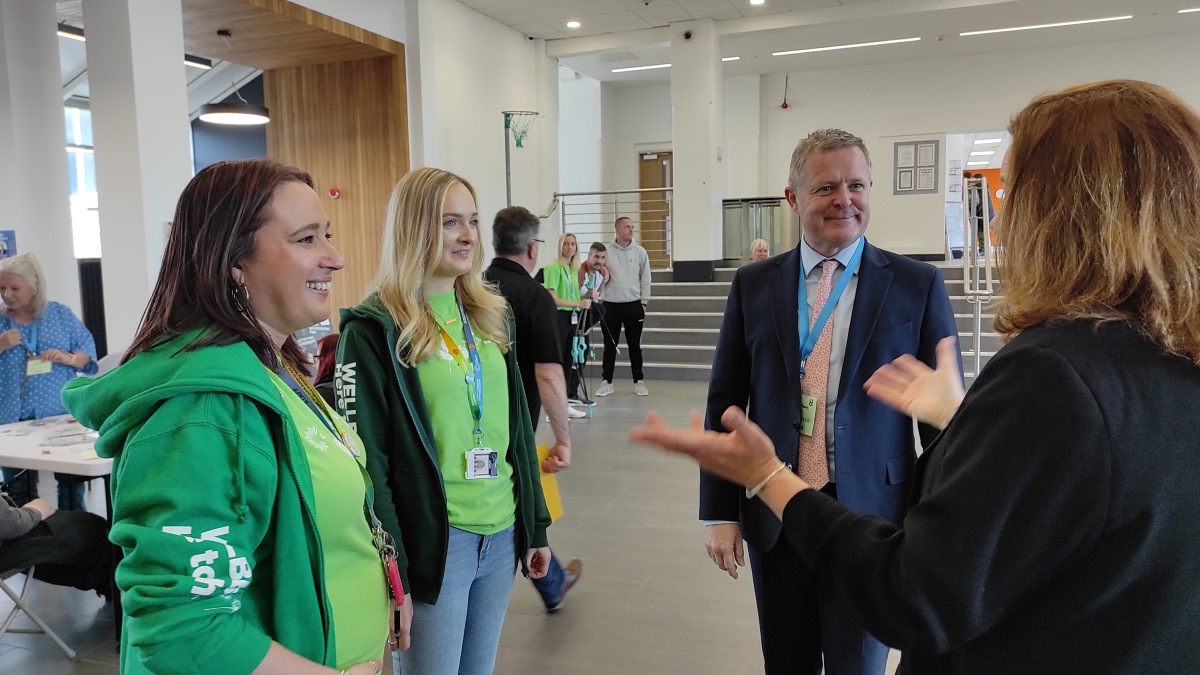
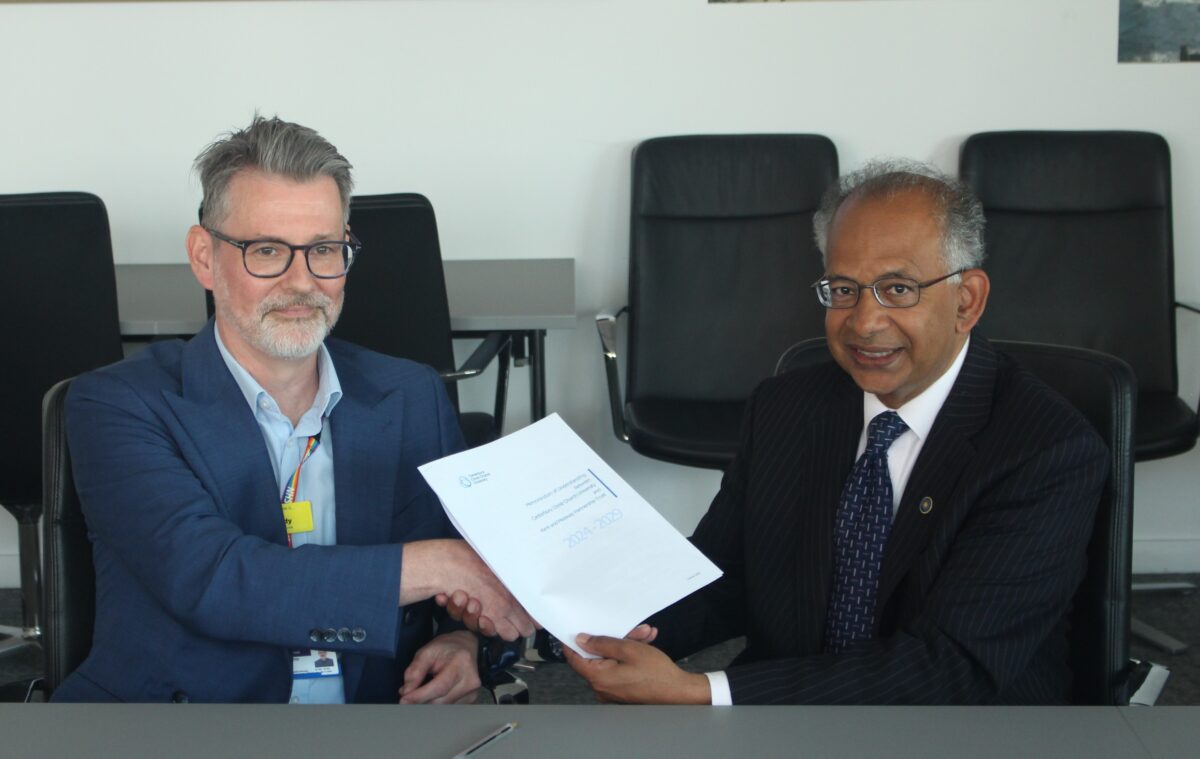


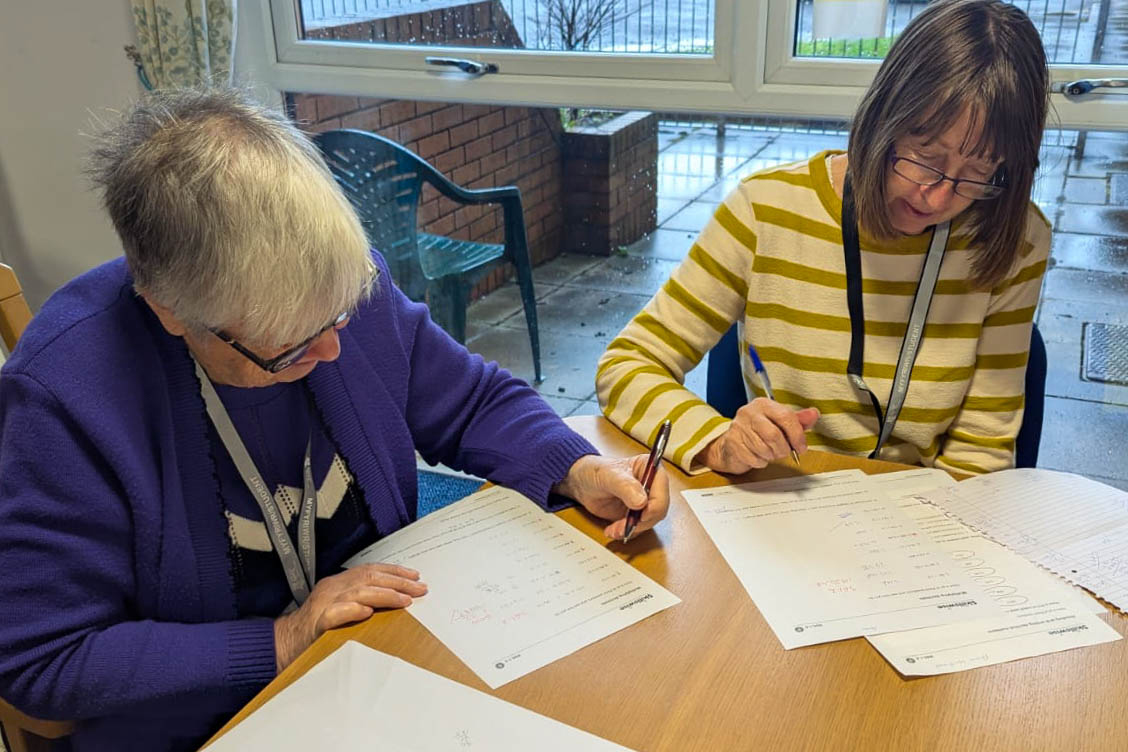

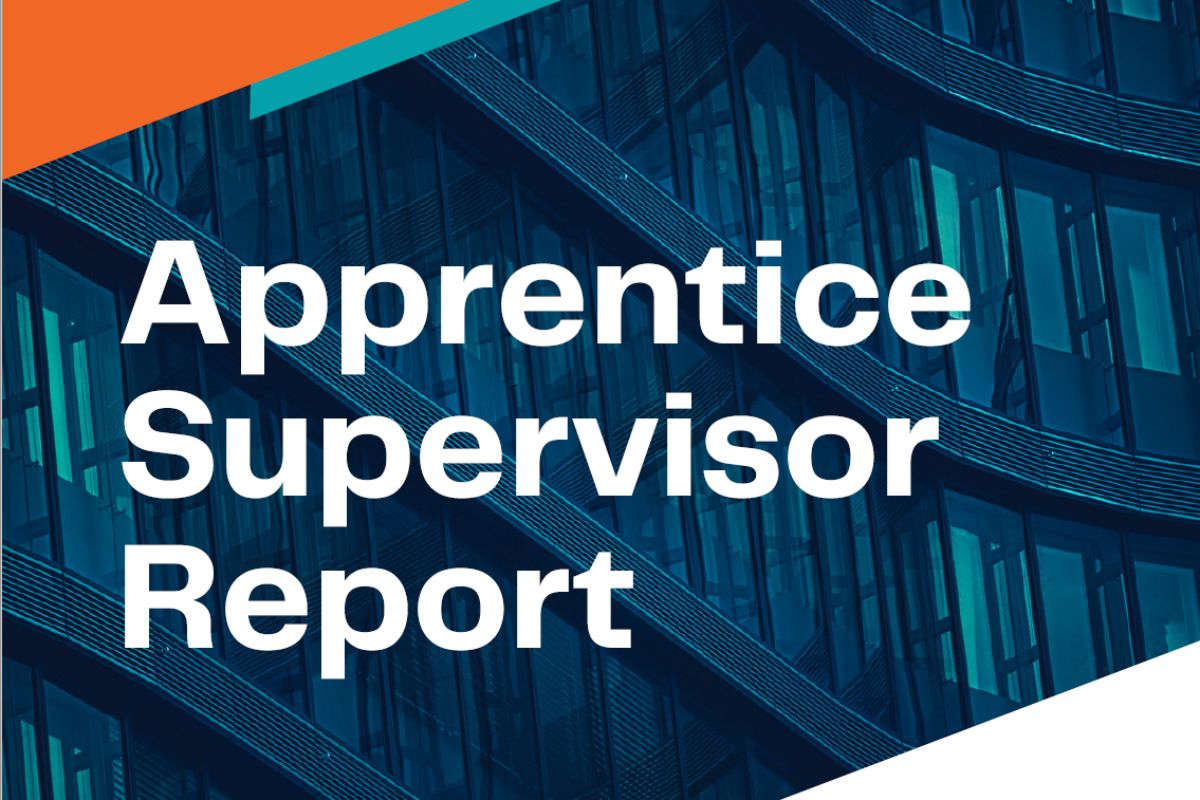

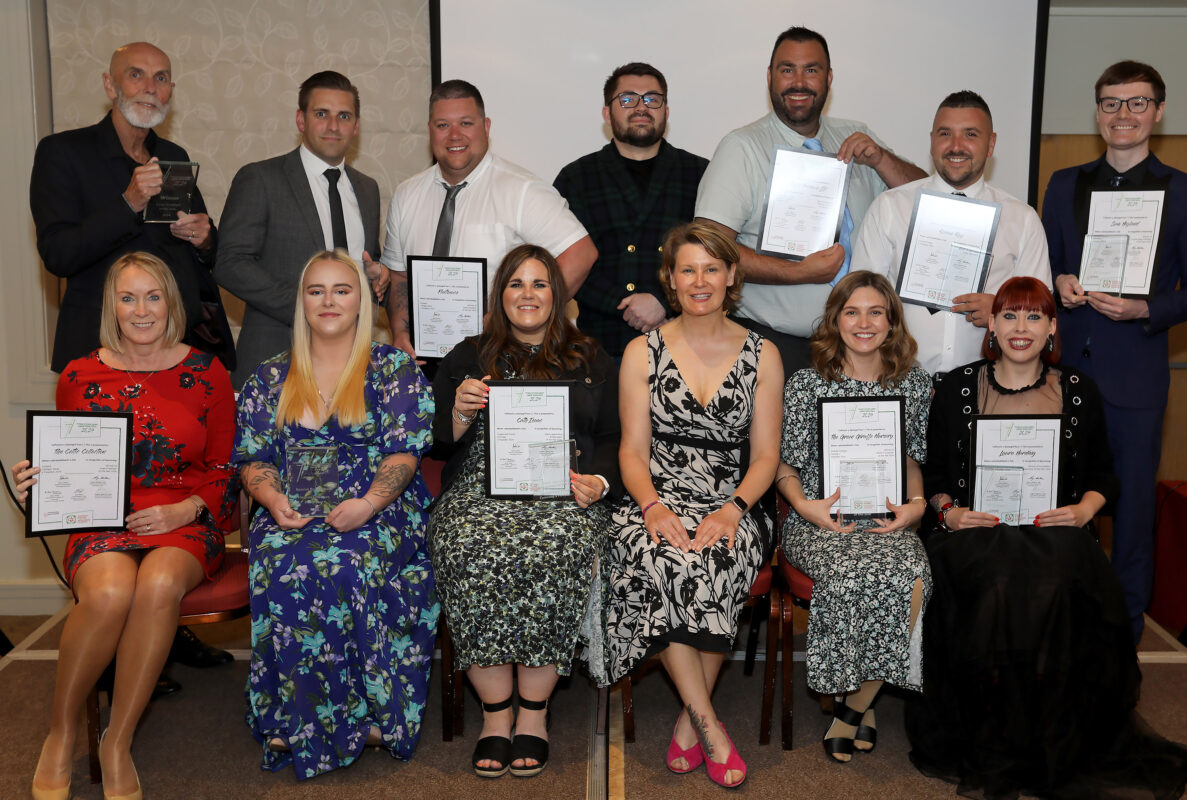

Responses